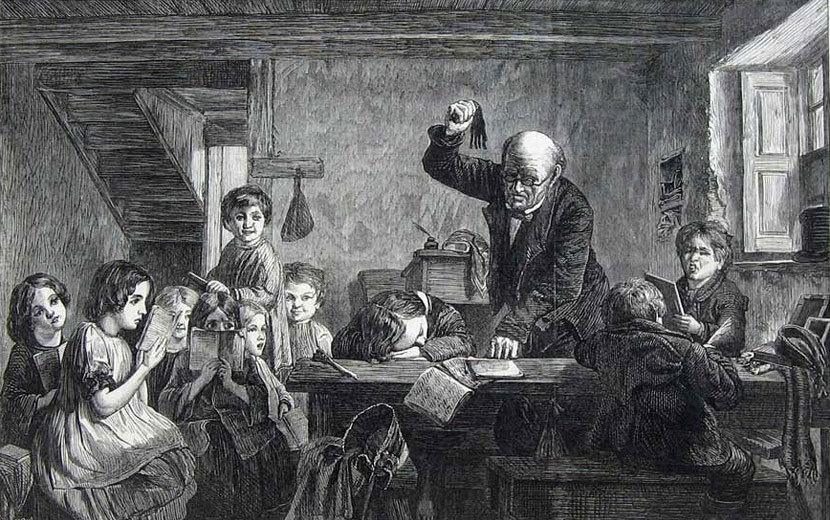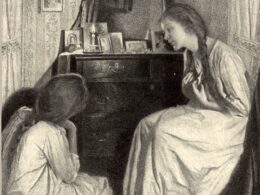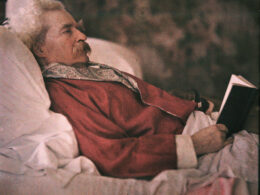Walt Whitman (1819–1892)
From Walt Whitman: Poetry & Prose

Readers may have noticed among last week’s headlines the news of the remarkable rediscovery of a short novel by Walt Whitman, which he wrote during the period he had begun composing Leaves of Grass. About 36,000 words in length, Life and Adventures of Jack Engle is a Dickensian “story of coincidence, adventure, and the incompatibility of love and greed,” says Zachary Turpin, the graduate student who made the discovery. Steeped in the sentimentalist traditions of mid-nineteenth century literature, “it is also beautifully lyrical, occasionally hilarious, and peopled throughout with charmingly eccentric characters.”
It may have even been news to many readers that this lost work was hardly Whitman’s only piece of fiction. In fact, his novel Franklin Evans sold over 20,000 copies and was the best-selling work by Whitman during his lifetime. Before devoting himself to poetry, he wrote at least two dozen short stories and three novels—one of which has yet to be unearthed, assuming it survived at all.
Serialized in 1853 in a relatively obscure weekly paper, Jack Engle appears to have been Whitman’s last work of fiction. His first, “Death in the School-Room,” which was published in 1842 and reprinted nearly 150 times before his death, is presented as our Story of the Week.



